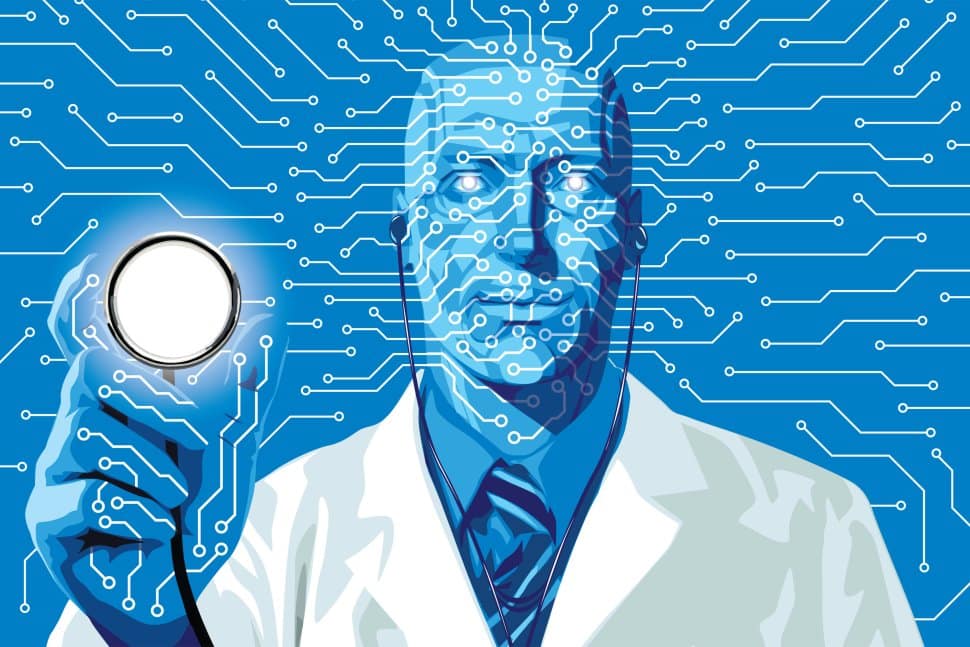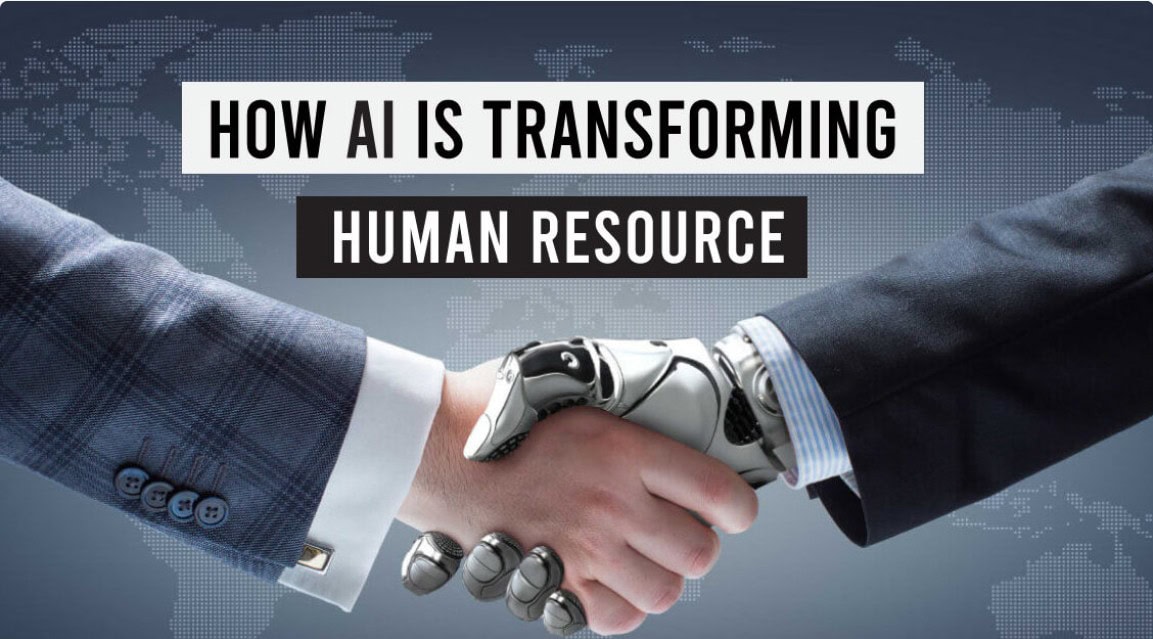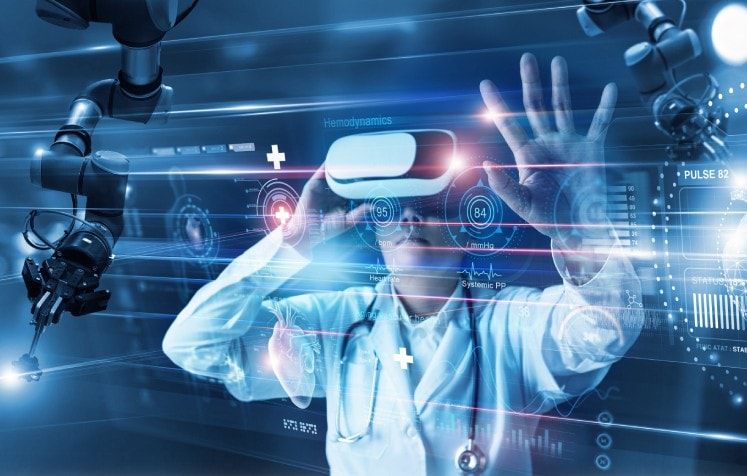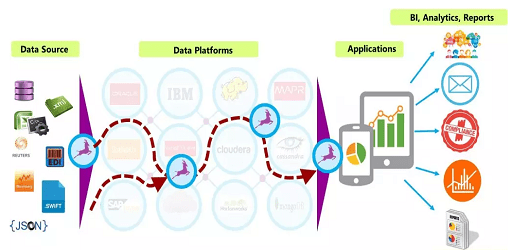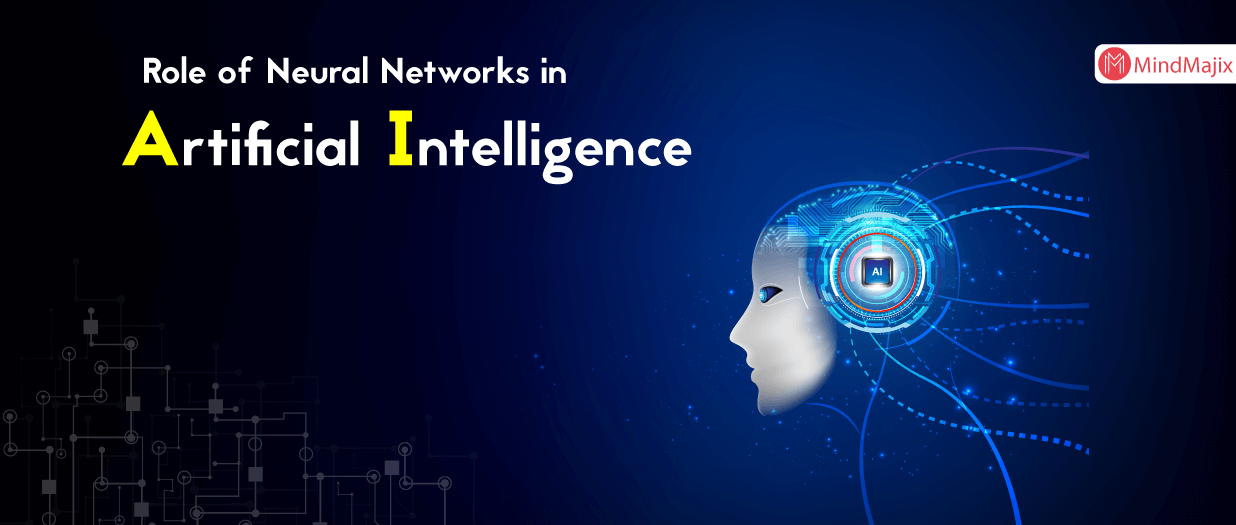Accenture says it is committing a significant portion of its global research and development to artificial intelligence and is opening a new Accenture Technology Lab and Centre for Innovation in Dublin, Ireland.
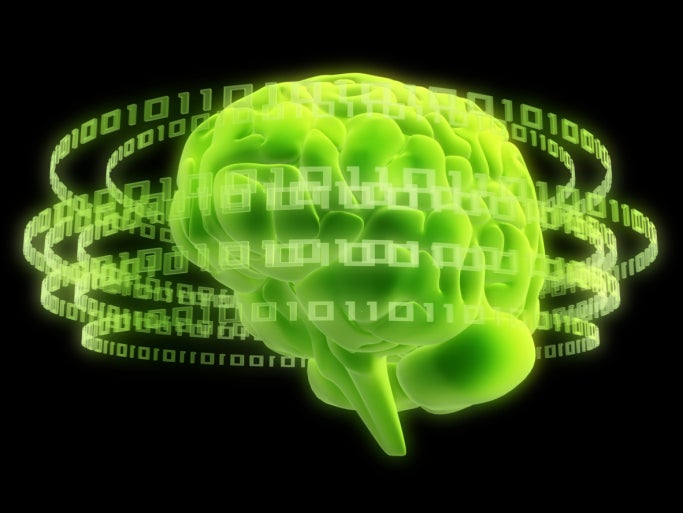
Accenture is looking to take the lead in the growing field of artificial intelligence — technologies that enable software to sense, comprehend, act and learn.
Today, the global professional services company announced that it is committing a significant portion of its global research and development to artificial intelligence across its global network of Accenture Technology Labs.
Going beyond analytics
“Artificial intelligence will disrupt businesses and industries on a global scale. And we see this shift going well beyond deploying analytics, cognitive computing, or machine learning systems in isolation,” Paul Daugherty, CTO at Accenture, said in a statement today. “We are investing early to drive more innovation at Accenture, recruit top talent in every location we operate in, and infuse more intelligence across our global business to help clients accelerate the integration of intelligence and automation to transform their businesses.”
You may also like Artificial Intelligence Strategies
Artificial intelligence will form an important focus of the research at Accenture’s newest lab in Dublin, Ireland, joining existing labs in San Jose, Calif.; Arlington, Va.; Sophia Antipolis, France; Beijing, China; and Bangalore, India. The Dublin lab will host a Centre for Innovation to capitalize on Dublin’s role as a technology hub in Europe.
Funding AI research
Accenture also announced the Accenture Technology Labs University Grant on Artificial Intelligence. Awarding an inaugural grant to an academic research team at the Insight Centre for Data Analytics at University College Dublin. The team will use the grant to explore the interface between humans and machines. Using cognitive analysis to understand better how both can collaborate and interact effectively.
“Artificial intelligence systems are really mimicking human thought,” says Marc Carrel-Billiard, managing director, Global Technology Research & Development, Accenture Technology. “They will not replace human beings anytime soon. Instead, they will help people.”
As an example of effective human-machine collaboration, Carrel-Billiard points to an example most are familiar with.
“When you fly, you need to understand that 80 percent of the flight is going to be managed by a machine: the autopilot,” he says.
You may also like Answers To Artificial Intelligence A Modern Approach
But when problems arise that the autopilot can’t reconcile, it is up to the human pilot to decide.
Accenture says it has committed to infuse artificial intelligence across the Technology Labs network, Carrel-Billiard says. The labs will collaborate with other Accenture teams and new partners in the startup ecosystem to achieve the following:
- Create more intelligent tools by teaming with Accenture Digital to advance capabilities in cognitive computing, machine, and deep learning, natural language processing, data augmentation, and predictive analytics to help clients become an insight-driven enterprise
- Integrate and apply AI into Accenture Operations solutions that improve the front. And back-office operations, including customer support, procurement, supply chain, and warranty services.
- Embed artificial intelligence capabilities into architectures, tooling, and service management analysis conducted by Accenture Technology
- Design and scale artificial intelligence capabilities for Accenture Consulting worldwide across multiple industries, including healthcare, public safety, and financial services.
Would you like to read more about Accenture in artificial intelligence-related articles? If so, we invite you to take a look at our other tech topics before you leave!
![]()







